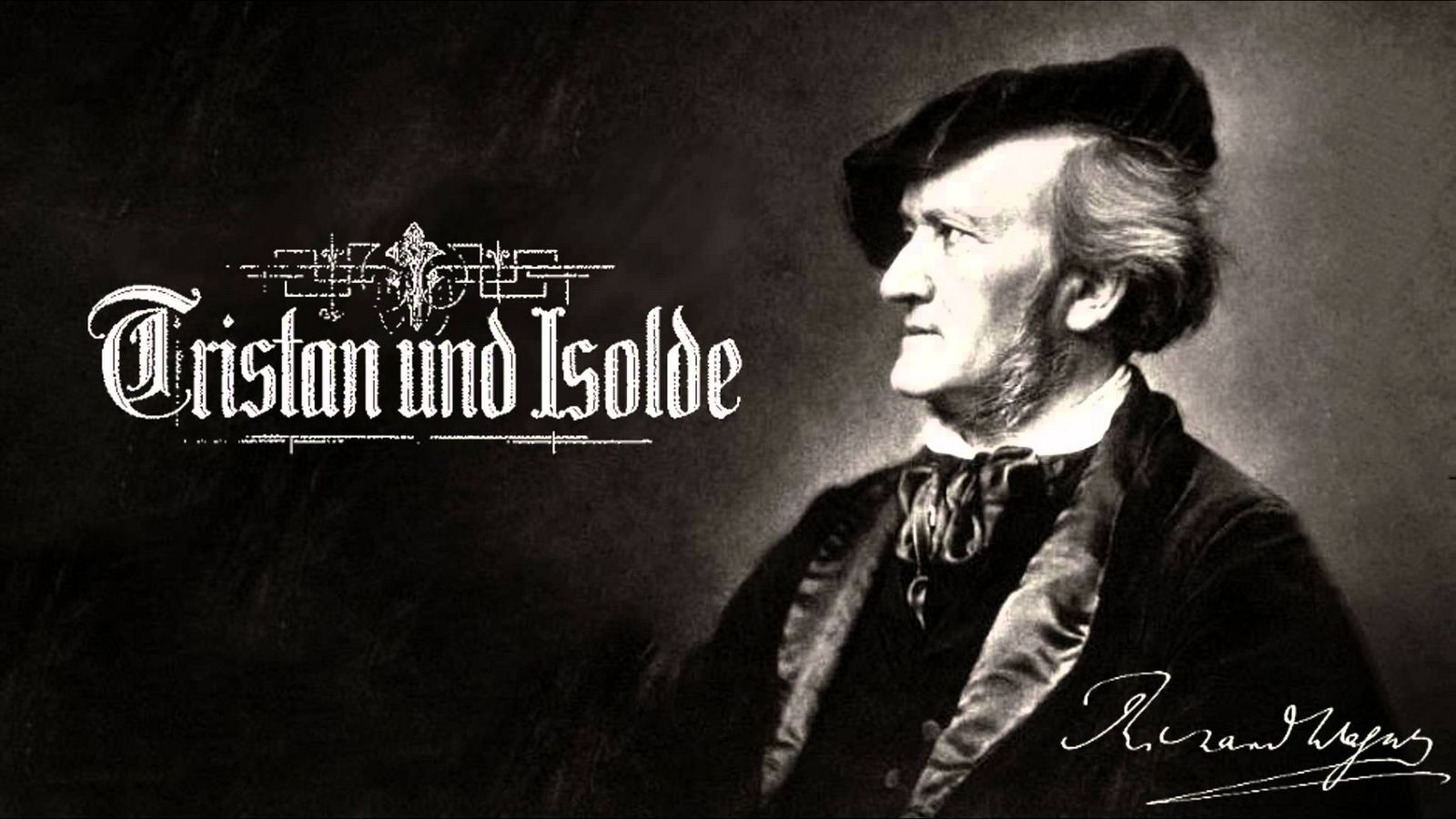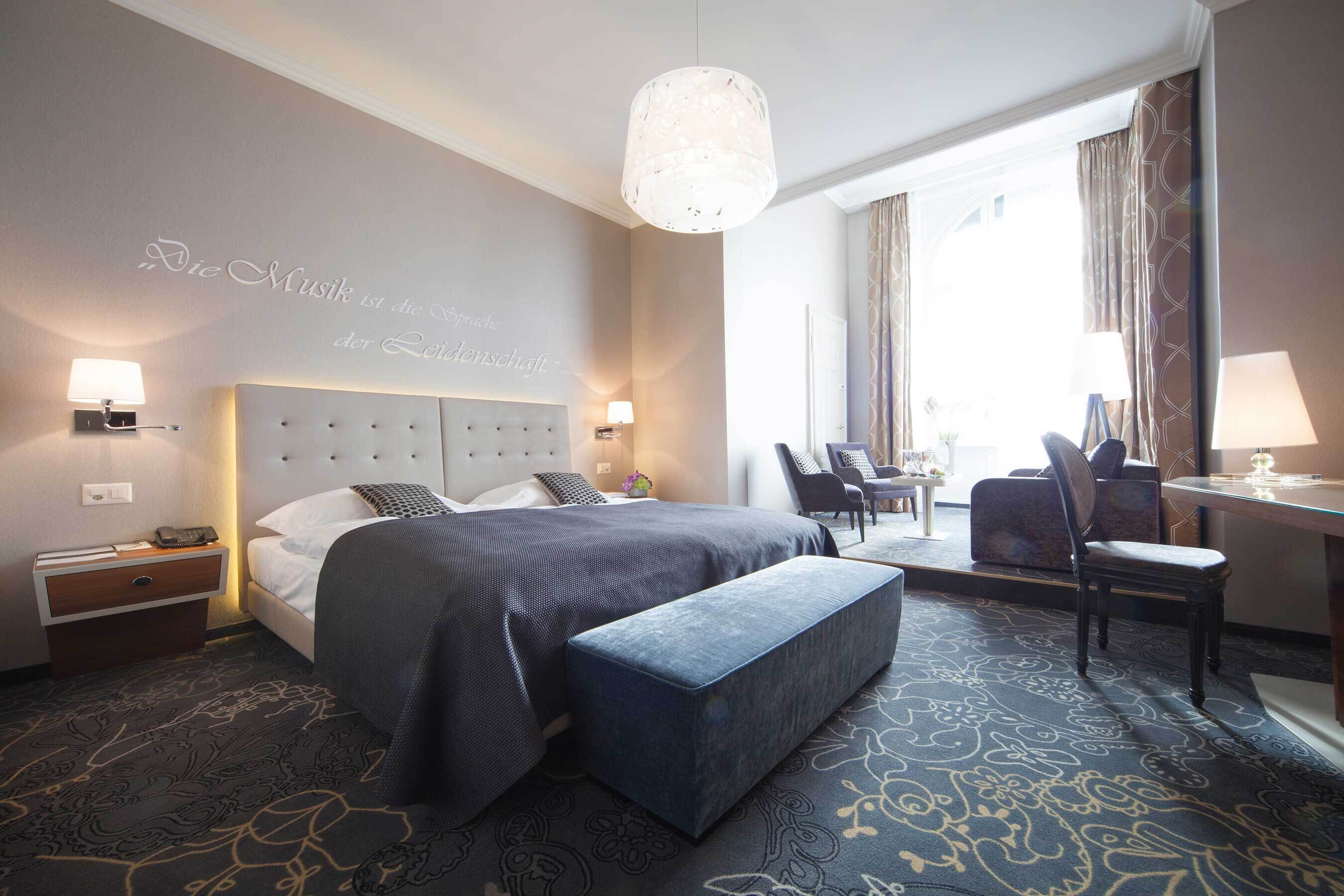To keep disturbance to a minimum, the hotel porter has barricaded the door to the neighbouring room with mattresses. Orders have also been issued: no children on this floor, please! Nothing is allowed to stand in the way of your creative flow. From a musical point of view, the first few weeks in Lucerne have not amounted to much: the chilly weather made you feel unwell, whereupon Schweizerhof Director Eduard Segesser proposed an unusual remedy: horse-riding on a 25-year-old mare called Lise.

You write to your wife, the actress Minna Planer:
But you enjoy the excursions to the Rigi, the Pilatus and Seelisberg. Now and again you meet the coachman Alois Z’Graggen in the Dubeli and listen to descriptions of his trips up to the Gotthard. You also visit the landscape artist, Jakob Josef Zelger, whose studio is in the Hotel Schweizerhof's garden and whose work hangs on the walls of many an exalted guest, including the British monarch, Queen Victoria.
You need to be amongst people; you exert a fascinating hold over them as they listen, enthralled, to your vision of a Gesamtkunstwerk – an all-embracing composition blending words, music and stage production. Likewise your music possesses a hypnotic power that is felt wherever it is heard.
Your good friend Franz Liszt sends you a young 24-year-old composer with whom you can exchange musical ideas: Felix Draeseke spends many an afternoon with you walking, riding, and conversing.
One such trip has been planned for today, which is why you send him a note in the morning: «Dearest friend, the weather being so glorious, I would like to invite you to ride with me to the Pilatus. Please come over soon.»
You have been sitting at your grand piano for over six hours composing more intently than ever. A knock at the door; in strides Felix Draeseke in full riding regalia. «Just a moment,» you say. «I'm about to complete Tristan.» Draeseke replies: «I must witness this,» and looks on while you write the last few bars and let the opening motif sound out during the idealistic closing chord.
It is 4.30 in the afternoon. You have just completed a masterpiece of Romantic music, one destined to influence a great many contemporaries and composers.
Your groundbreaking approach to harmony is seen as paving the way for modern music. Unfortunately, Tristan and Isolde's musical complexity is initially thought to be a barrier to its performance on stage.
With support from your illustrious patron, King Ludwig II (also a guest at the Schweizerhof), the opera at last, on June 10, 1865, receives its première at the Royal Court and National Theatre in Munich under the baton of Hans von Bülow. It is an utter triumph!
A few days later you receive the news that your young friend who sang the part of Tristan so convincingly, Ludwig Schnorr von Carolsfeld, has died. He was only 29.




